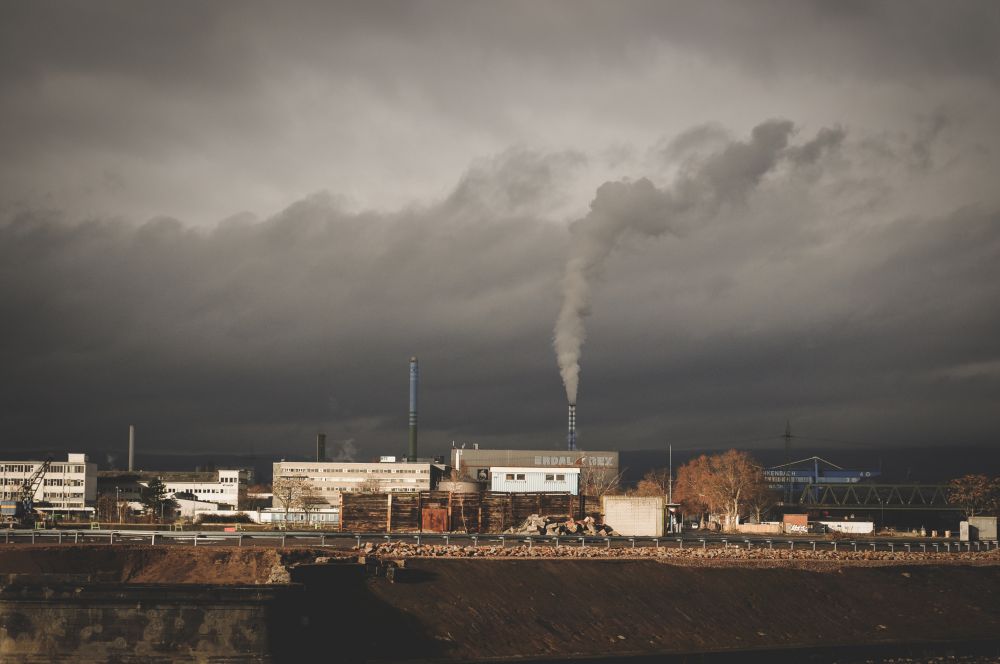We are not taxing harmful emissions enough, says OECD
New data from the Organisation of Economic and Co-operative Development (OECD) has shown that global taxes are currently insufficient to combat climate change.

New data from the Organisation of Economic and Co-operative Development (OECD) has shown that global taxes are currently insufficient to combat climate change.
The OECD’s latest report, Taxing Energy Use 2018, draws attention to how taxation around the world is not being properly used to reduce carbon emissions. One of the report’s key findings is that “almost all taxes are too low from an environmental point of view”.
Analysts looked at patterns of tax on energy use across different sectors in 42 countries between 2012 and 2015; these jurisdictions of high, middle and low income countries make up an estimated 80 percent of all global energy use.
They found that while some modest efforts had been made at taxing the use of greenhouse gas emissions, it was far from enough to encourage alternatives and tackle climate change. For example, only 0.3 percent of emissions which contribute to overall climate costs are covered by carbon taxes.
In particular, coal use is often left completely untaxed in many countries; an easy problem to solve and a quick win for reducing dangerous emissions. As the report makes clear, coal alone is responsible for half of all carbon emissions in the 42 countries assessed.
Currently, taxes have been largely confined to the road sector with a number of countries removing the historical low tax rates which diesel vehicles have to pay; however, these still remain too low in most places.
What’s more, as of 2015, a staggering 81 percent of emissions outside of road transport remained untaxed. A figure which since the signing of the Paris Agreement has, perhaps, started to change.
The OECD’s Secretary-General Angel Gurría commented on the report’s findings: “Efforts have been made, or are underway, in several jurisdictions to apply the ‘polluter-pays’ principle, but on the whole progress towards the more effective use of taxes to cut harmful emissions is slow and piecemeal. Governments should do more and better.”
“The damage to climate and air quality resulting from fossil fuel combustion can be contained, but the longer action is delayed the more difficult and expensive it becomes to tackle this challenge,” he added.


_400_250_80_s_c1.jpg)



